
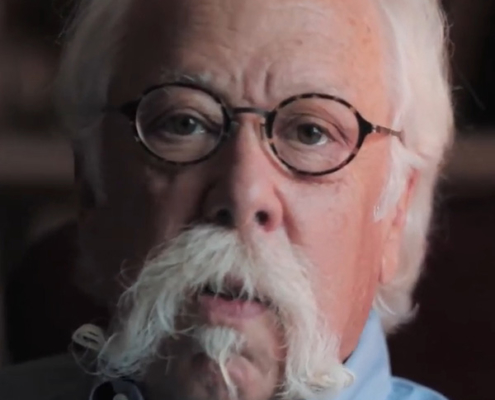































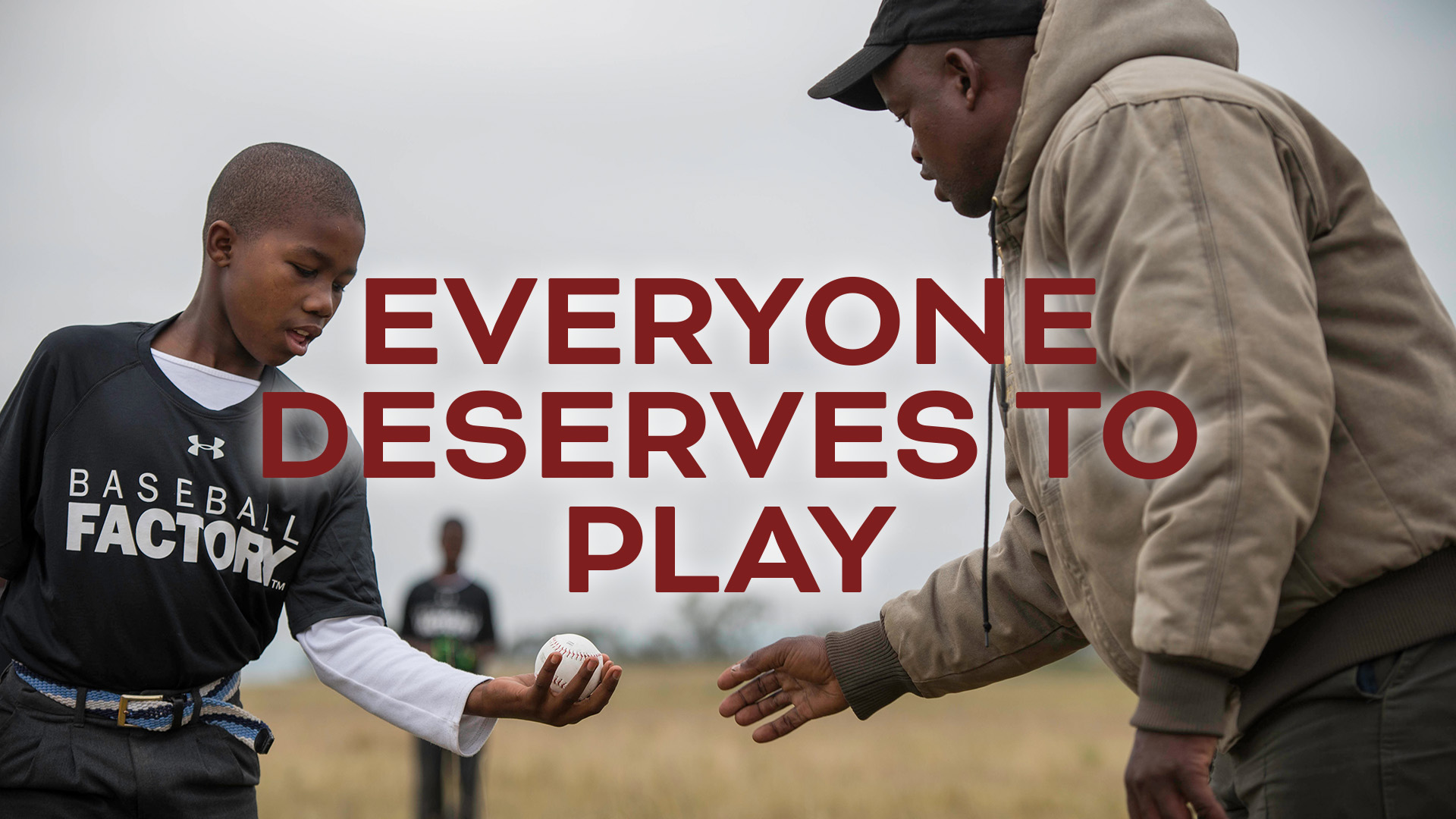


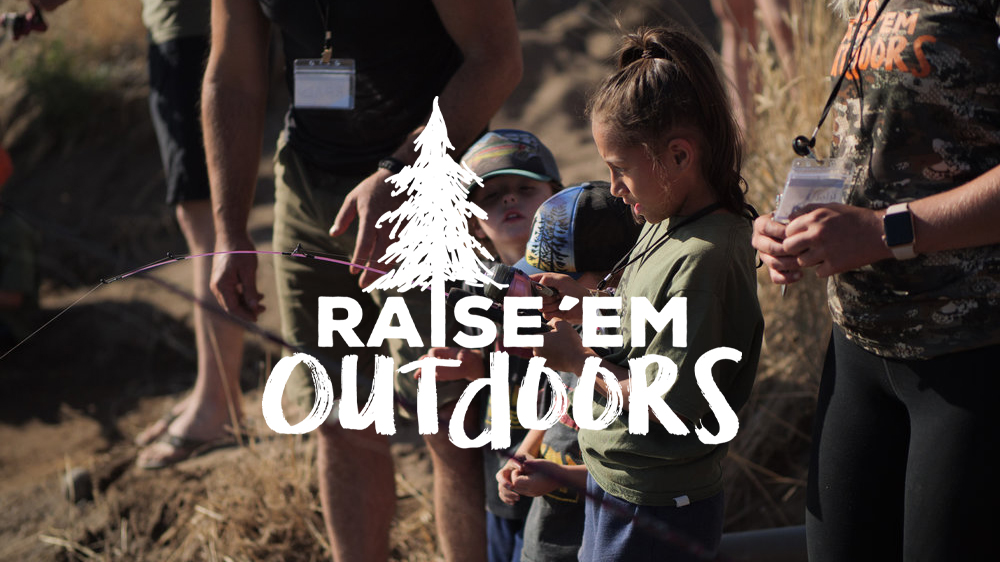


































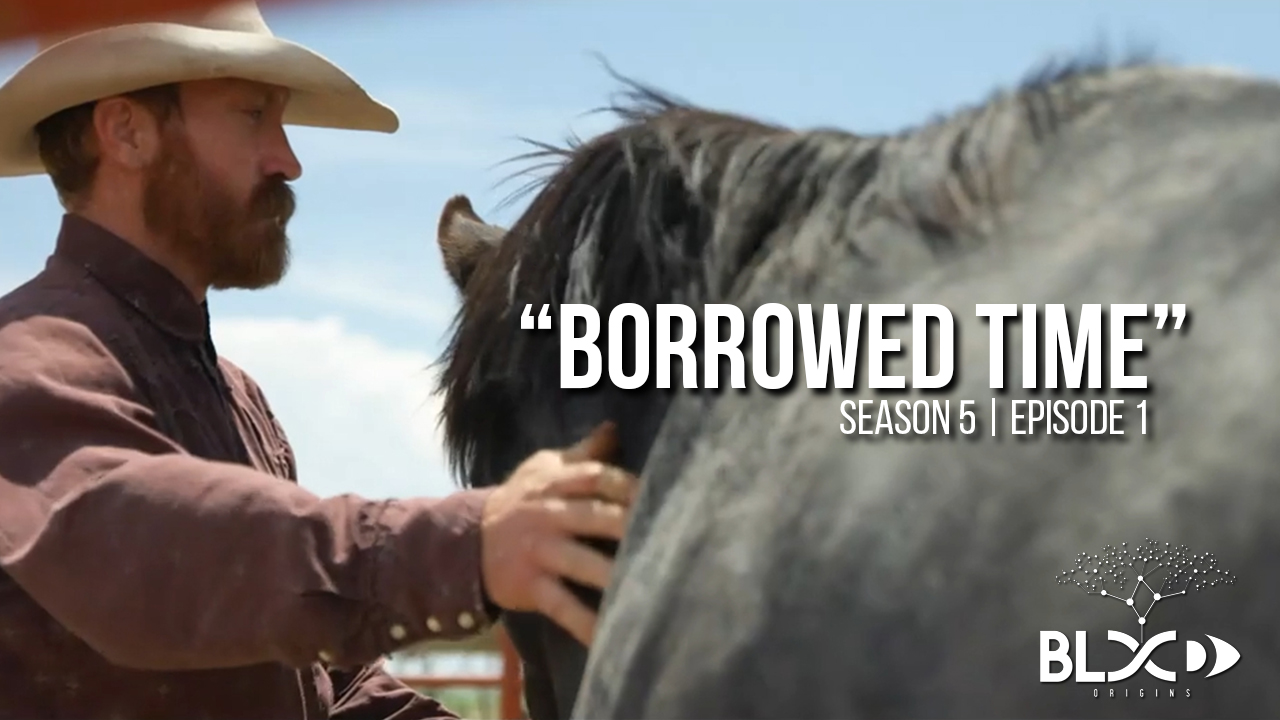

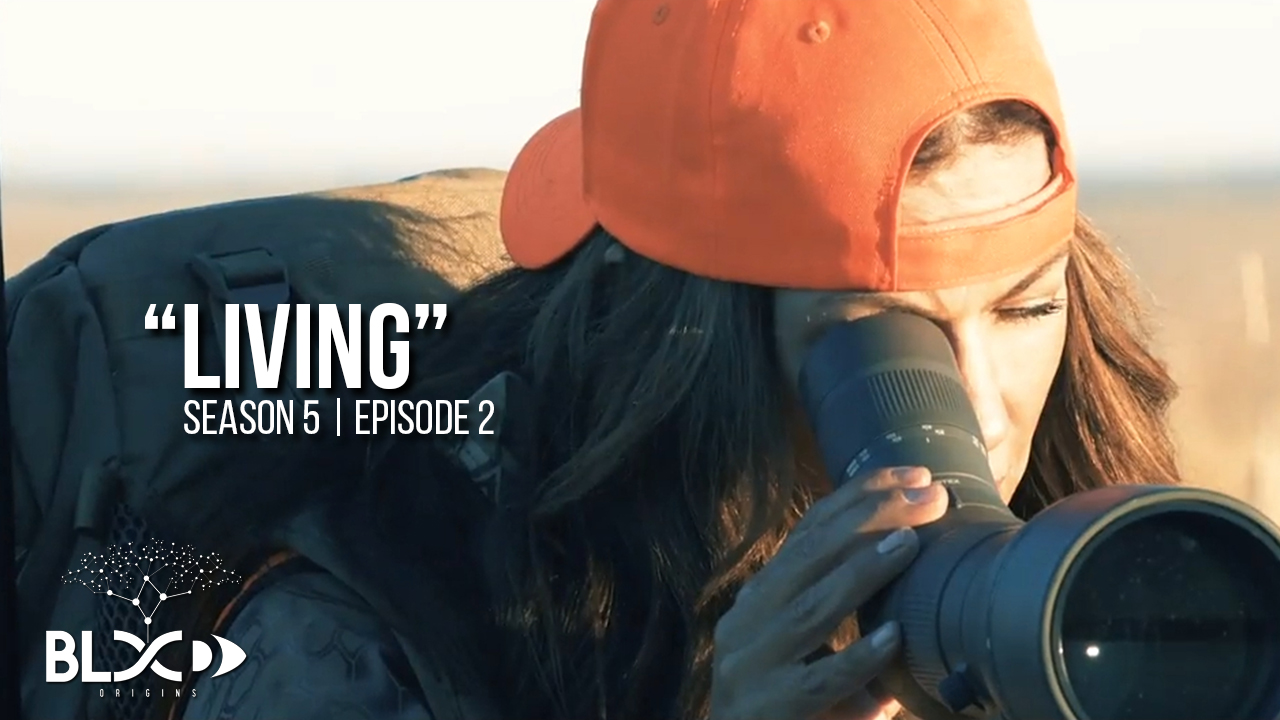

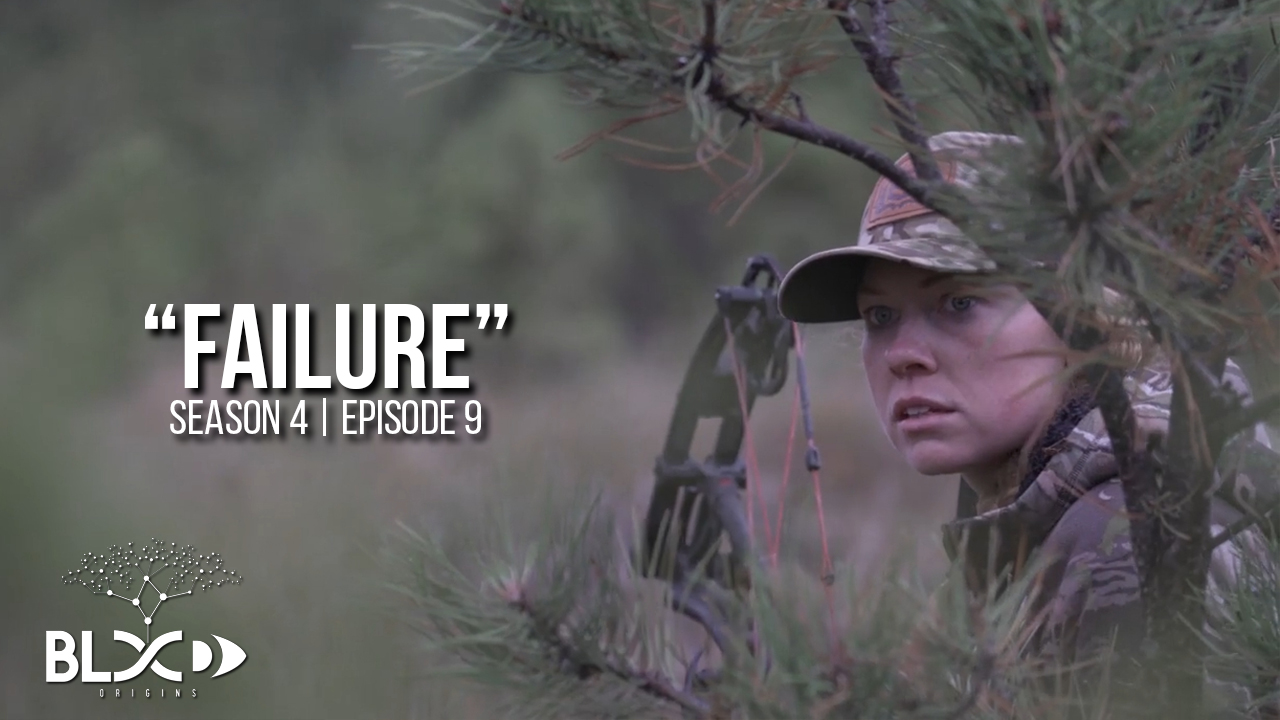

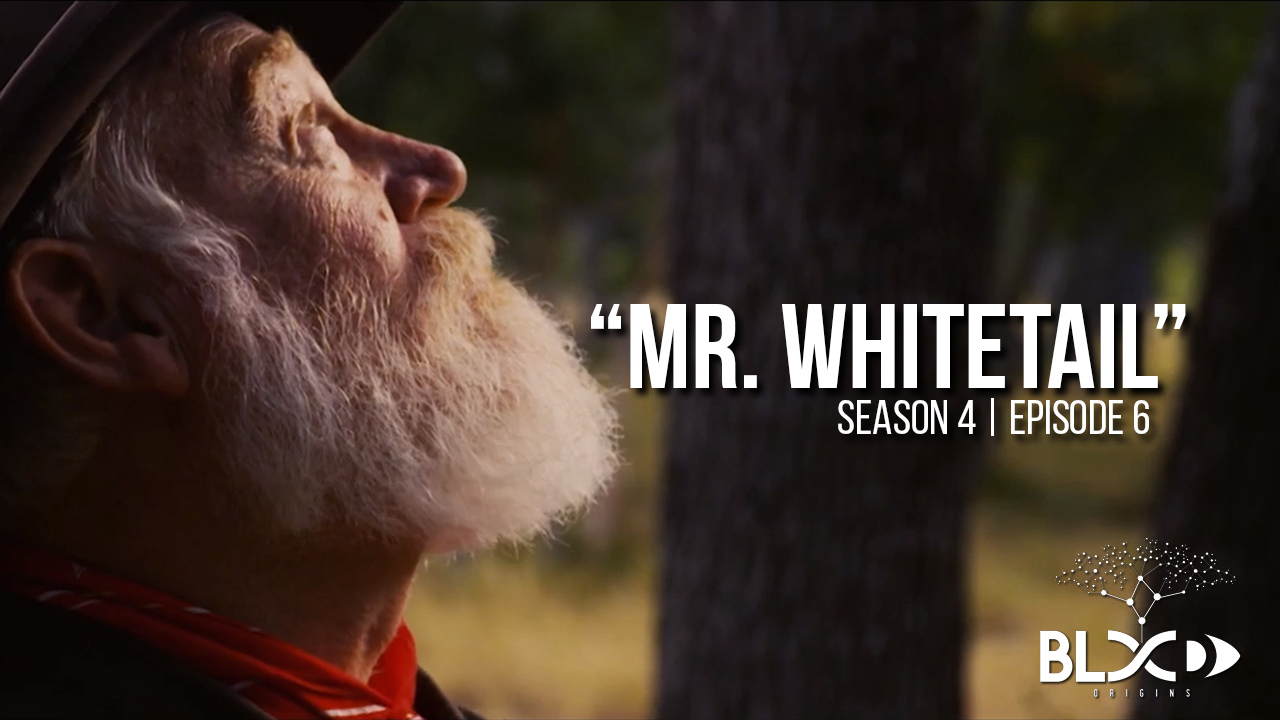

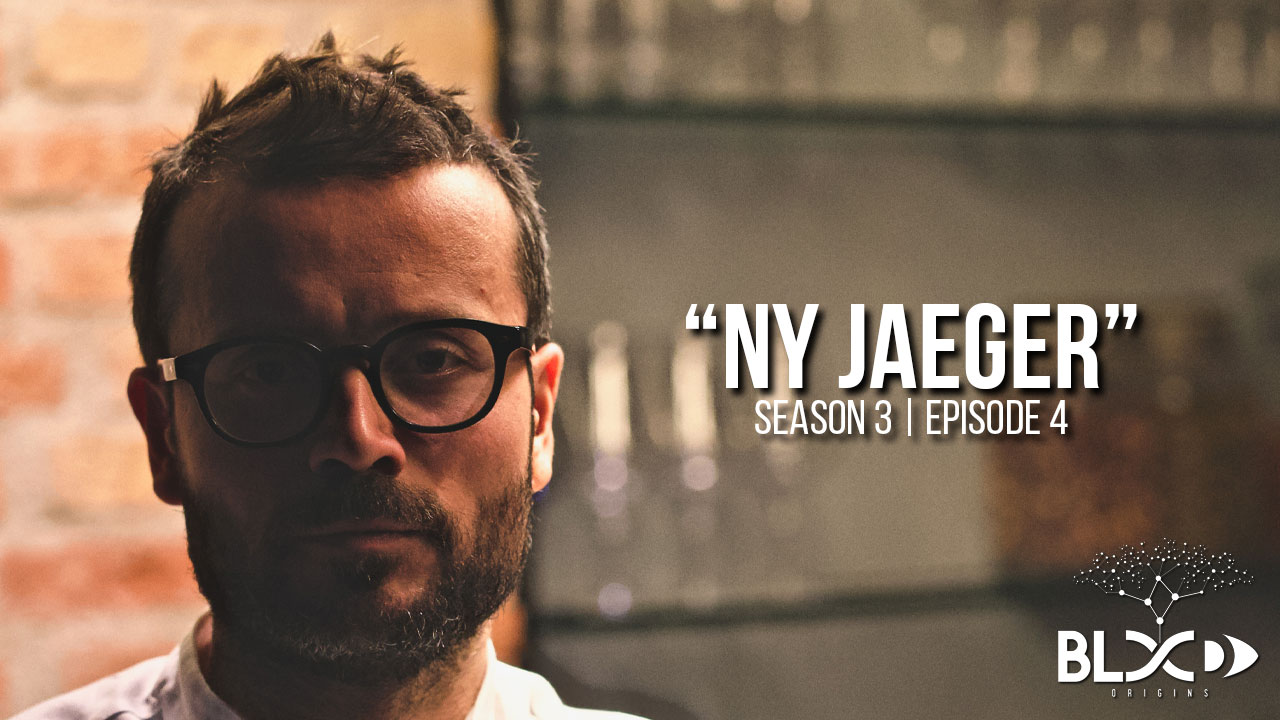

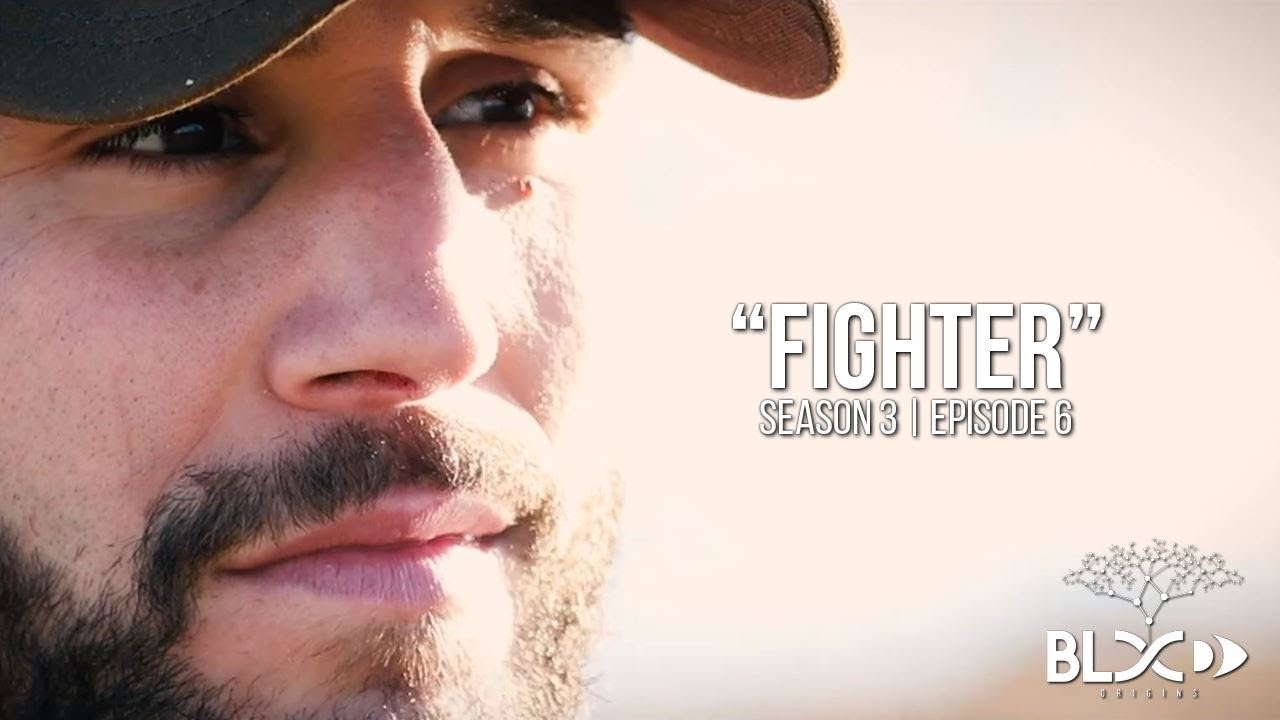

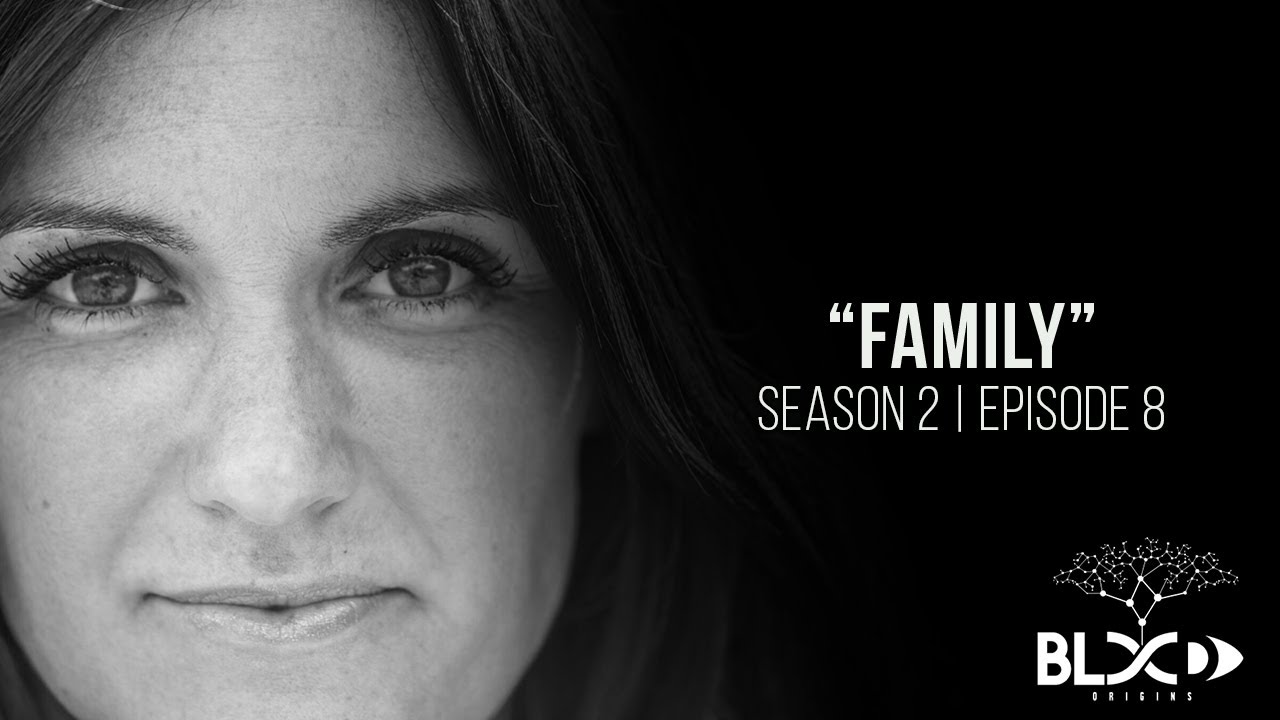

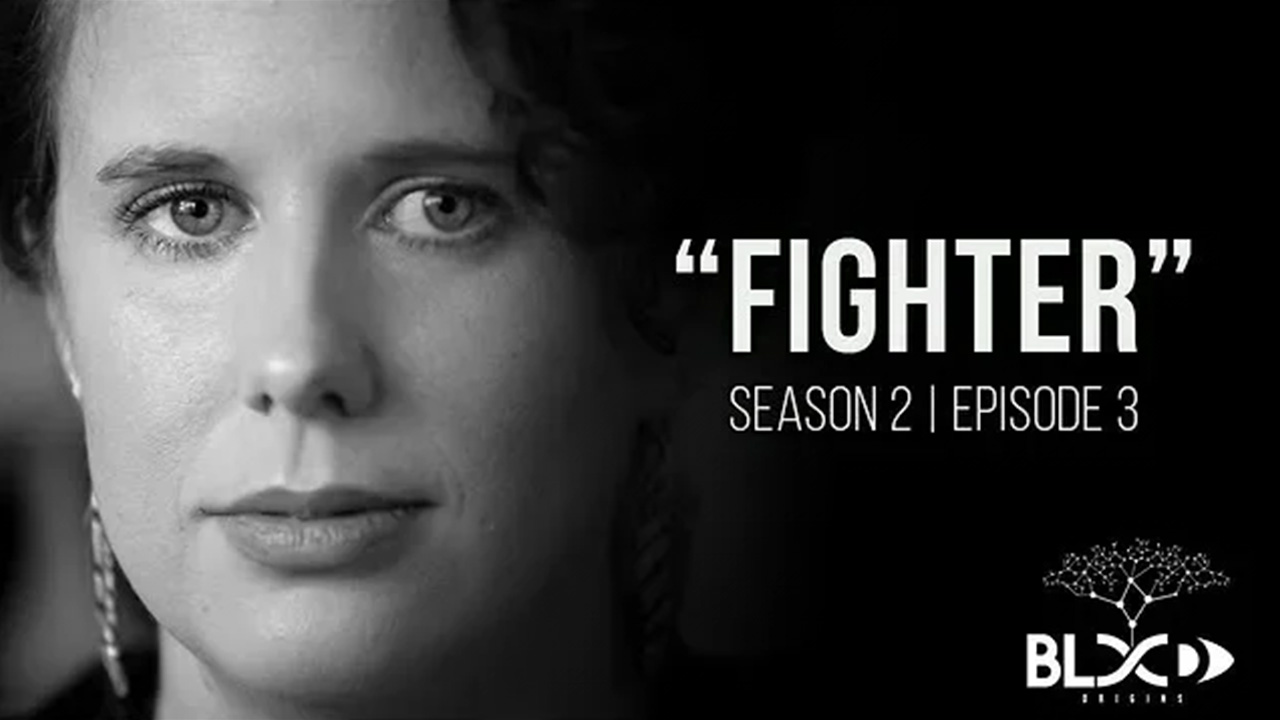

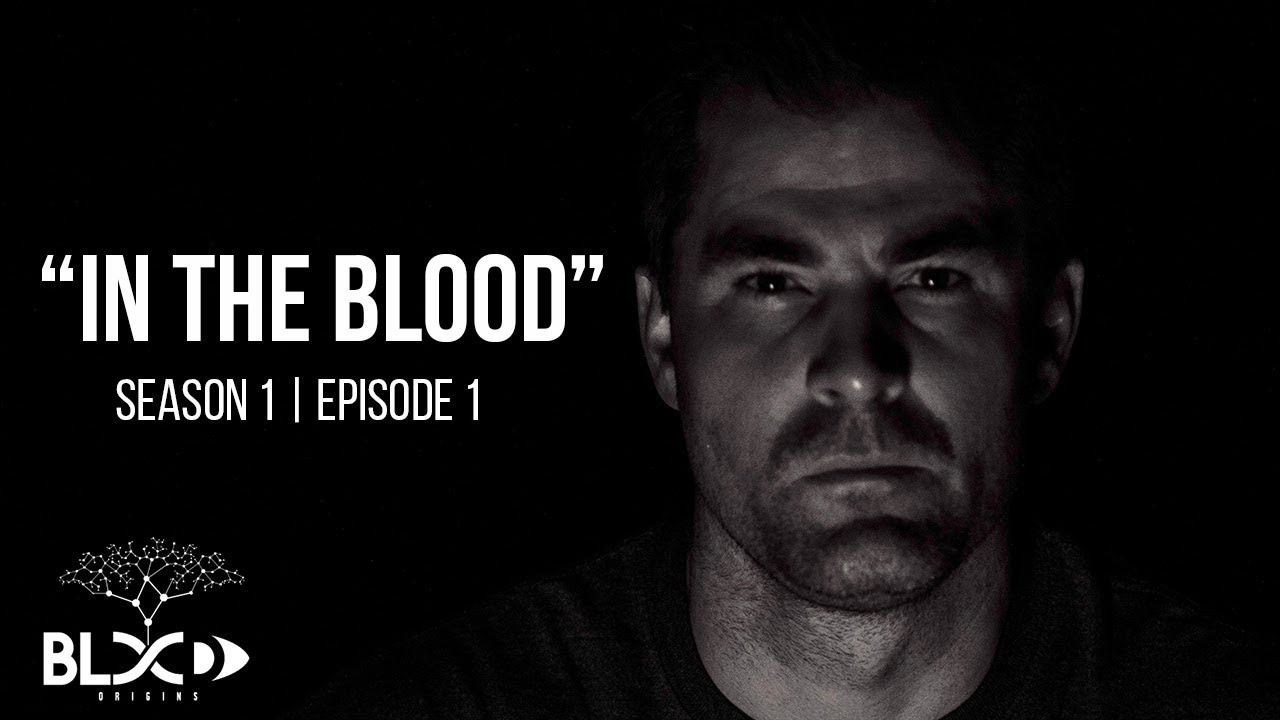





The Mangwa South District of Zimbabwe has been forgotten by the world. A rural district where livestock remains the chief economic driver for villages dotted around the landscape. The villagers own the land, but have no resources to manage and improve it. That was until Guav and Courteney Johnson decided to help. Wire & Water captures the heart of the Johnson brothers. Their love for wildlife, the people of Dukwe Village and the environment they’re attempting to resurrect. A story of how sustainable wildlife use can provide protein, alternative income, jobs and security for resurgent animal populations. But most importantly how the community can ensure a ready supply of those two essential elements for life in this far flung region of Zimbabwe. Wire and water.
This story portrays how communities and individuals can work together to better their environment and sustain it for generations to come. A halt to the decades of decline seen in many parts of rural Africa. Though a common partnership in many parts of Africa, this story is seldom seen by those outside of the continent.
Grateful funding for this project from Bergara International and Dikar S Coop.


There has been a hunting ban put in place in National Parks in Spain since 2020. Cabaneros is a national park that 42% of it is privately owned. This offered a perfect opportunity to capture the proof of what happens to livelihoods, to habitat, and to wildlife when hunting is banned. The anti’s will say nothing will happen, while we know that peoples jobs will be lost, economies will be impacted and wildlife and habitat will suffer. But we don’t have the proof … until now. This first half of this documentary showcases the people of Cabaneros – shows the impact of a hunting ban on a small rural community in Spain. As you will see this ban has had a significant effect on multiple intersections of economics and job infrastructure throughout multiple communities.


Success Untold is a documentary that seeks to show the success of hunting in South Africa. It’s a documentary of the thing that is unspoken, the thing that goes unseen, but is a constant in the background. It’s an outline of why there is wildlife in South Africa, what does hunting mean to the people that hunting employs. Wildlife conservation, employment, biodiversity enhancement are all successes that are untold as a result of hunting. So we decided to tell a small bit of the story. With grateful thanks to the generosity of Splitting Image Taxidermy who funded this entire project as well as the incredible talent of Slots Media, and the help of Greater Kuduland Safaris and Maarten Safaris we were able to put together a compelling story of hunting in South Africa.
This is Success Untold.


When you drive down the highways of West Texas it will feel like Africa. The road width, the shoulder depth, the vegetation, it even sometimes smells like Africa. The highways are bordered by hundreds of miles of high fence (just like Africa) and yes that may be keeping wildlife from getting on the highways and getting run over but mainly they are there to keep the wildlife, that is privately owned, on their properties.
However, there is an incredible stigma with the idea of a high fence from both the anti-hunting establishment as well as deeply rooted within the hunting community. Concepts of fair chase, ethics, and ease of the kill will all be thrown around in a conversation about “High Fence Hunting”.
Out of Africa sets in motion to challenge those concepts. This is what the vast majority of high fencing looks like, and feels like, and the people behind the scenes operating them. This isn’t your small enclosure-raised animal that is significantly confined, but rather something that will make you question your definition of free range.
Watch it with an open mind, let yourself challenge the status quo, and let yourself challenge your ideas of what high fence hunting is. Have a discussion in the comments section, it’s what’s needed most – which is for people to amicably discuss differing viewpoints – that’s a good thing!
Massive thanks to the West Texas Chapter of SCI for the support to generate this documentary. You can see what West Texas SCI does here: https://sciwesttexas.godaddysites.com/


When you think about who are the true champions of conservation around the world the last group you think of is hunters. Killing animals doesn’t fit with a 21st century viewpoint of conservation. But when you start looking, and peeling layers of information back, and looking at where the successes of wildlife conservation are occurring in this world, the vast majority are happening through hunter led conservation efforts. The crown jewel of this is arguably what the Fiordland Wapiti Foundation is doing in Fiordland National Park for native flora and fauna conservation in New Zealand. Operating in arguably the harshest environment in the world, a place affectionately called the Amazon on top of the Himalaya’s, Fiordland needs hunters for it to survive. This is the story of the Fiordland Wapiti Foundation told in the place that they love to protect.


Likely the most vilified practice in the hunting industry is the chasing of predators with hounds. It’s the thing that gets the anti-hunter brigade up in arms against what we do and how we do it. It’s likely the combination of predator hunting that has a nuance unto itself given an ancient, deep-seated, tribal connection between alpha predators and humans, and the domestication of the dog to the comfort of our houses and our souls. Those two issues are like oil and water and there is disdain and ethical questions thrown around combining the two. As a result, it’s imperative as hunters to communicate who a Lion Houndsman really is, to communicate the role of the hound in this endeavor, to communicate the heart of the Houndsman for their dogs.
With gracious support from the 100 Hunter Legacy Fund of Safari Club International Foundation, as well as the Weatherby Foundation and several anonymous private donors all of the funding necessary to produce a documentary of this magnitude have been secured. This project is FULLY FUNDED.


A scientist visits a chain of isolated islands to understand how hunting can save wildlife from the environmental devastation caused by humans. Set in Lake Kariba, Zambia, The Last Wild Islands, seeks to show the impacts of humans on wildlife and how paradoxically, hunting, an activity that kills animals, is in fact, saving them.
Hunting for Hope is a program that captures the true heart of hunting and hunters. Hunting provides hope to many facets of society today including wildlife conservation, habitat protection, and community benefits. The community benefits are elements that are absolutely critical in today’s day and age and we know that the activity of hunting is helping people, providing medical, education, employment, and so much more. This program funds projects all over the world and actively shows the impacts, benefits, and consequences of the activity of hunting for people, communities, and economies. Please consider supporting this with a donation that will make a huge impact somewhere in the world